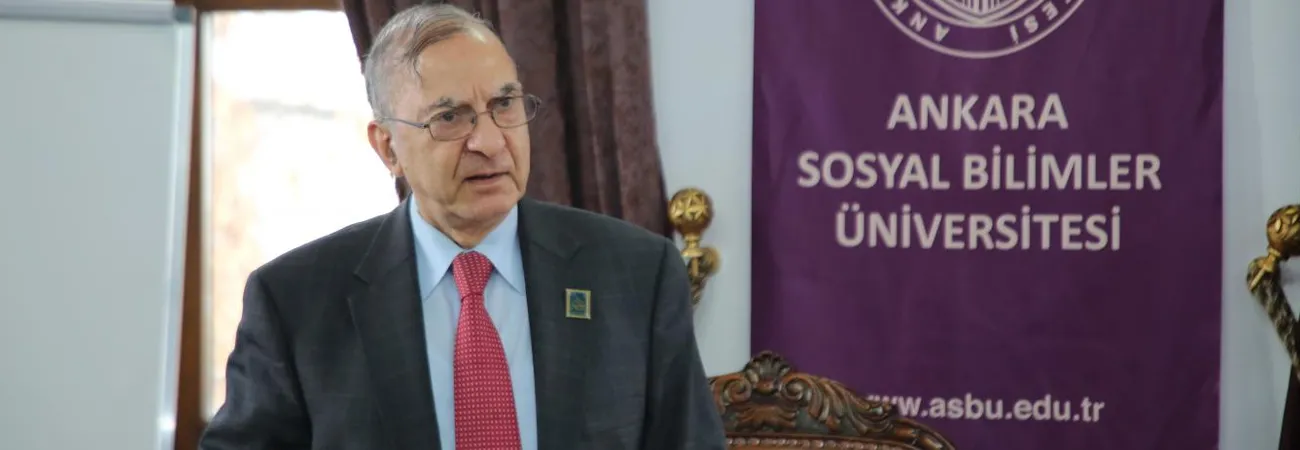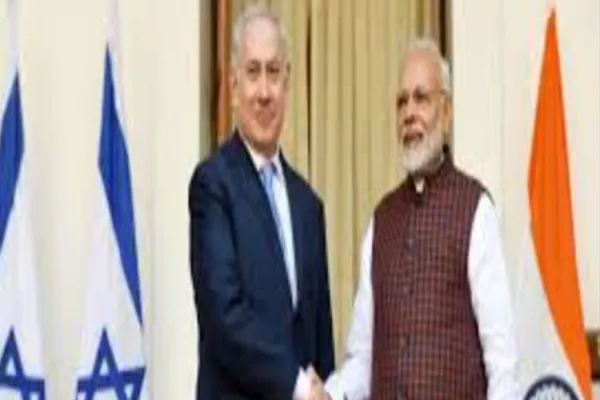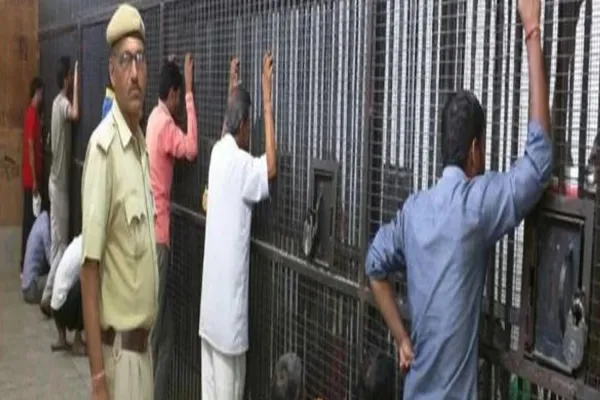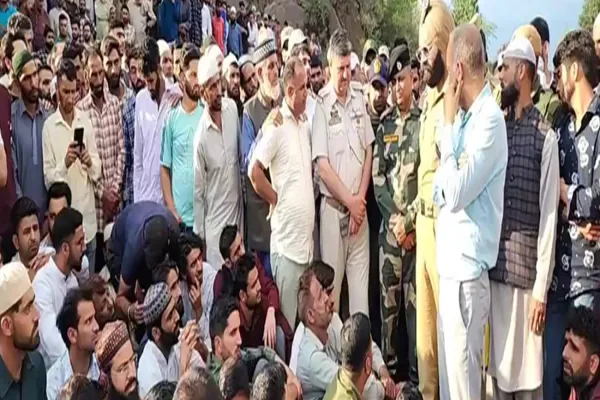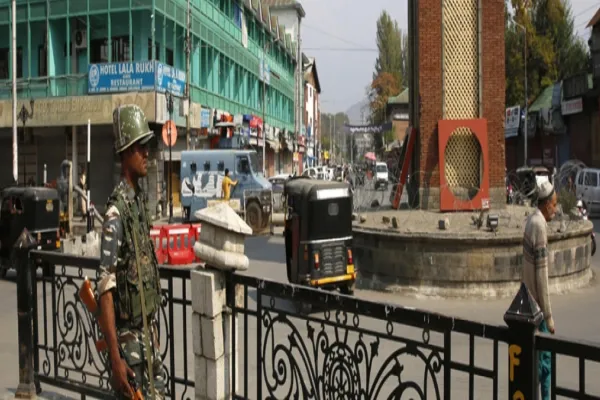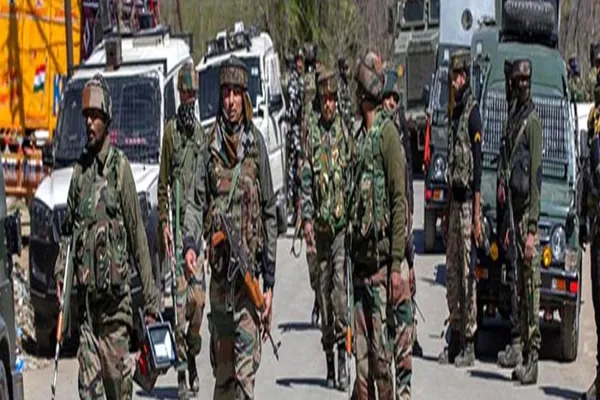i NEWS INTERNATIONAL
The 8th International Model Islamic Union Congress, hosted by the Justice Defenders Strategic Studies Center (ASSAM), concluded in Istanbul, Turkey, with discussions on critical global issues, including the Kashmir conflict. According to Kashmir Media Service, Dr. Ghulam Nabi Fai, Chairman of the World Forum for Peace & Justice, presented a paper on “US Policy Towards Kashmir: Help or Hindrance” and emphasized that resolving the Kashmir dispute would enhance respect for international law and foster stability in the region. Ustaaz Melih Tanriverdi, Chairman of SADAT International Defense Consultancy, opened the Congress by underscoring ASSAM’s role as a think tank dedicated to proposing solutions for international and regional crises. He highlighted that this year’s Congress featured 26 papers from 14 countries, reflecting a broad spectrum of perspectives on pressing issues. Dr. Fai’s presentation centered on the right to self-determination for the 23 million Kashmiris who, he argued, have been denied this fundamental right for over 77 years. Dr. Fai articulated that the Kashmiri American community does not seek military intervention but hopes for diplomatic support from the United States.
“The goal is to educate the U.S. on the moral and legal urgency of Kashmiri self-determination, emphasizing how a peaceful resolution would benefit democracy, human rights, and regional security,” he said. Dr. Fai recalled that the United States once championed Kashmiri self-determination at the United Nations and helped draft Security Council Resolution 47, adopted in 1948, which called for a plebiscite in Kashmir. However, he lamented that the current U.S. stance views the conflict as a bilateral issue between India and Pakistan, a shift he attributed to India’s successful lobbying efforts and the country’s growing economic allure. Addressing the broader implications of resolving the Kashmir issue, Dr. Fai outlined three key benefits: Nuclear Stability: A resolution would alleviate the nuclear tension between India and Pakistan, both nuclear-armed states that have clashed multiple times over Kashmir. International Law: Respect for international resolutions and human rights would be strengthened.
Human Rights: Ending the conflict would halt widespread human rights abuses, including extrajudicial killings, torture, and custodial disappearances reported in Kashmir. Dr. Fai also critiqued the Biden administration’s favorable tilt toward India, highlighting how India’s restrictions on foreign journalists and international NGOs in Kashmir prevent global awareness of the humanitarian situation. “This pro-India stance reflects not a break from the past, but a shift in U.S. foreign policy priorities, with economic and strategic interests overshadowing human rights concerns,” he noted. Despite these challenges, Dr. Fai urged the international community to remain steadfast in advocating for a peaceful solution. He proposed the appointment of an internationally respected figure, such as Norway’s former Prime Minister Kjell Magne Bondevik, as a special envoy to mediate the conflict. Dr. Fai concluded with a call for sincerity and transparency in the peace process, underscoring that a fair resolution would foster stability in South Asia, home to a fifth of the global population.
Credit: Independent News Pakistan



